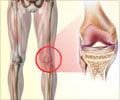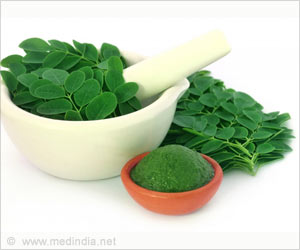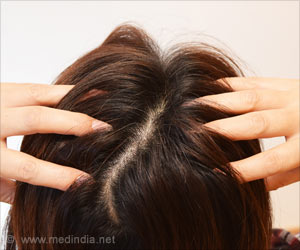Inflammatory elements in the diet affects bone mineral density and influences the risk of fracture. Anti-inflammatory diet restores bone mineral density.

- A diet rich in healthy fats, plants and whole grains could help improve bone health in women.
- Dietary choices contribute to inflammation in the body.
- Women who consumed low-inflammatory diets had lower bone mineral density but their bone loss was low.
Researchers examined data from the Women's Health Initiative (WHI) to compare levels of inflammatory elements in the diet to bone mineral density and fractures and found new associations between food and bone health.
The findings suggest that women's bone health could benefit when they choose a diet higher in beneficial fats, plants and whole grains, said Tonya Orchard, an assistant professor of human nutrition at The Ohio State University.
"This suggests that as women age, healthy diets are impacting their bones," Orchard said. "I think this gives us yet another reason to support the recommendations for a healthy diet in the Dietary Guidelines for Americans."
The Dietary Inflammatory Index - developed to assess the quality of diet from maximally to minimally inflammatory based on nutrients consumed - helped them accomplish that. Dietary information as well as data on bone density and fracture were collected from a large group of the participants in the Women's Health Initiative.
For the new analysis the research team looked at dietary data from 160,191 women and assigned inflammation scores based on 32 food components that the women reported consuming in the three months prior to their enrollment.
Higher scores were associated with an almost 50 percent larger risk of hip fracture in Caucasian women younger than 63, compared with the risk for women in the group with the lowest inflammatory scores.
"This suggests that a high-quality, less-inflammatory diet may be especially important in reducing hip fracture risk in younger women," the researchers wrote.
But in the study group overall, more-inflammatory diets were not linked to fracture and - in fact - the researchers found a modestly lower risk of lower-arm and total fracture in women with the highest dietary inflammation scores.
One possible explanation included in the study: The women with lower inflammation scores were more physically active as a group and therefore were at a slightly greater risk of falls.
Rebecca Jackson, the study's senior author and director of Ohio State's Center for Clinical and Translational Science, said the new findings support a growing body of evidence that factors that increase inflammation can increase osteoporosis risk.
Women with the least-inflammatory diets had lower bone mineral density overall at the start of the study, but lost less bone than their high-inflammation peers, the researchers found. The lower bone density to start could be because women with healthier diets are more likely to be of a smaller build, Orchard said. Larger people have higher bone density to support their larger frames.
"These women with healthier diets didn't lose bone as quickly as those with high-inflammation diets, and this is important because after menopause women see a drastic loss in bone density that contributes to fractures," Orchard said.
Because the study was observational, it's not possible to definitively link dietary patterns and bone health and fracture outcomes.
Reference
- Tonya Orchard et al., Anti-inflammatory diet could reduce risk of bone loss in women, Journal of Bone and Mineral Research (2017).
Source-Medindia















